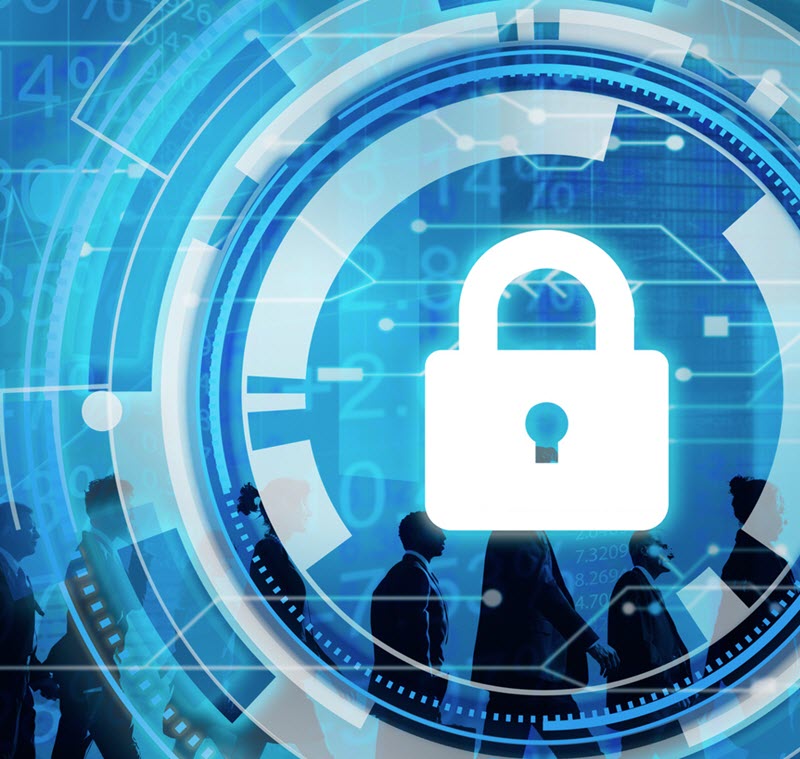Why is Compliance important?
Meeting compliance is important for businesses because it ensures that the company is operating within the legal and regulatory guidelines set forth by the government. Failure to comply with these regulations can result in fines, legal action, and damage to the company’s reputation. Additionally, compliance with industry standards can also help to protect the company from potential liability and legal action, and can help to foster trust and confidence among customers and stakeholders. Overall, meeting compliance can help to protect a company’s bottom line and ensure that it is operating in an ethical and responsible manner.






